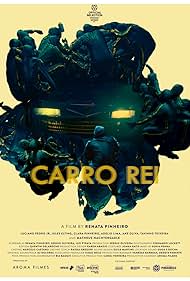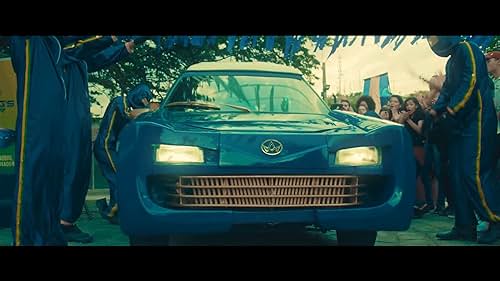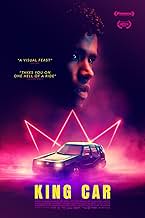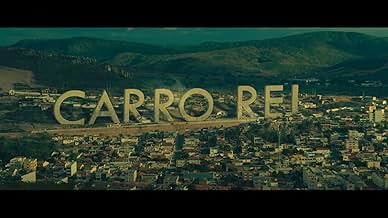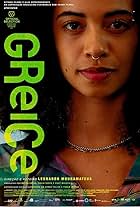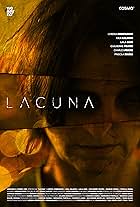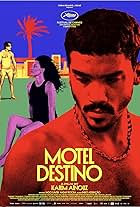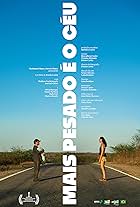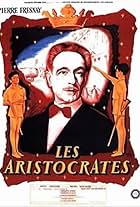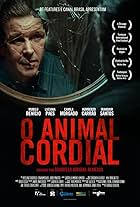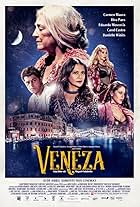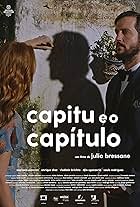Imagine Elliot Silverstein's 1977 "The Car", scripted by a young Glauber Rocha and directed by Jean-Luc Godard in his prime. You will have the same political agenda, the same audiovisual madness, the same slogans turned into dialogue, the same Brechtian performances by non-professionals, and the same script with unconnected scenes, although this one does have a defined structure, and wham!, you have «Carro Rei», a science-fiction pop comedy, with its political primer not at all hidden.
This is definitely a movie for the times of Bolsonaro (or in reaction against his government), but it evokes again the aesthetics of the "cinema novo" and "nouvelle vague", two movements that were crucial in the 1960s for the evolution of film grammar and syntax all over the world (except, I am afraid, Los Angeles).
It tells the story of Uno, an adolescent mulatto (handsome Luciano Pedro Jr.), who can communicate with cars since childhood, and who refuses to follow his father's taxi business and begins to study the laws and methods of agro-industry. When the tycoons of power establish a law that prohibits the circulation of vehicles older than 15 years, the people go rebel.
There is also a crazy uncle who creates "Carro Rei", the monster of the movie (which talks, unlike "The Car", "Christine", or "Duel"!), and becomes a monster himself, played by Matheus Nachtergaele (in a Denis Lavant performance), an Argentine woman out of Cronenberg's "Crash" who has a sexual thing with cars, the followers of Carro Rei getting high with phosphorous drinks, a war between students of agriculture and followers of Carro Rei, and "ideological dialogues" in the Godard's and Rocha's tradition that made me laugh.
Go, see it, and bring your own Coke.
